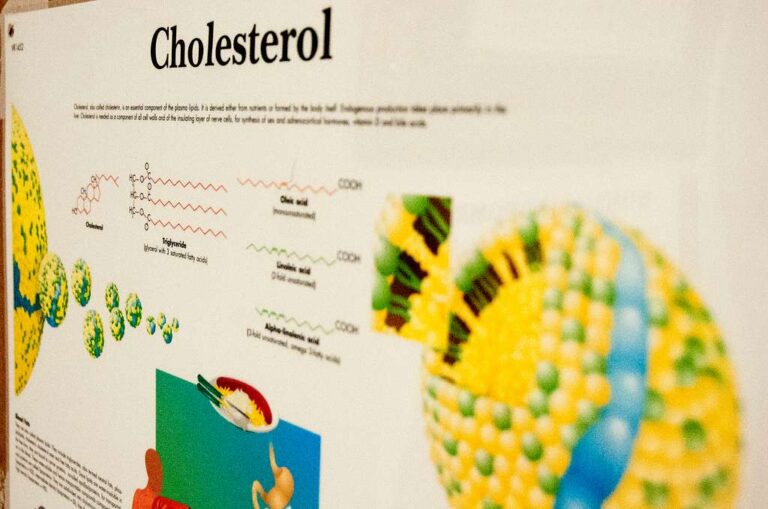The Connection Between Diabetes and Cardiovascular Health

Diabetes is a complex condition that affects millions of people worldwide. Beyond its immediate impact on blood sugar levels, this condition has significant implications for other aspects of health, including cardiovascular well-being. Understanding the connection between diabetes and heart health is integral for managing risks and promoting overall wellness.
What Is Diabetes?
Diabetes is a chronic condition that impacts the body’s ability to regulate blood sugar (glucose) levels. Glucose is a primary energy source used by the body, and its regulation depends on the hormone insulin. Diabetes occurs when the body either does not produce enough insulin or cannot use it effectively.
There are two main types of diabetes. Type 1 is an autoimmune condition in which the body attacks insulin-producing cells in the pancreas, resulting in little to no insulin production. Type 2 develops when the body becomes resistant to insulin or when the pancreas does not produce sufficient amounts. Both types result in high blood sugar levels, which may lead to complications if not managed properly.
What Causes It?
The causes of this condition vary depending on its type. Type 1 may be caused by a combination of genetic and environmental factors, including exposure to certain viruses that trigger an immune response. It is not linked to lifestyle or dietary choices and often emerges during childhood or adolescence.
Type 2 is closely associated with lifestyle factors. A sedentary lifestyle, obesity, and a diet high in processed sugars and unhealthy fats significantly increase the risk. Genetics also plays a role, as a family history of Type 2 diabetes can make individuals more susceptible.
What Are the Symptoms?
Diabetes can produce a range of symptoms, some of which may initially go unnoticed. Common indicators include frequent urination, increased thirst, and persistent hunger. Weight loss, despite normal eating habits, may also be a sign.
Fatigue, blurred vision, and slow-healing wounds are other symptoms to be aware of. Type 2 diabetes can develop slowly over time, and symptoms may be mild or absent in the early stages. Regular health check-ups are beneficial, especially for individuals with risk factors such as weight concerns or a family history of diabetes.
How Does Diabetes Affect Cardiovascular Health?
The link between diabetes and cardiovascular health lies in how high blood sugar levels affect blood vessels and the heart. Elevated glucose levels can lead to damage in blood vessel walls, increasing the risk of plaque buildup. This hardens and narrows the arteries, a condition known as atherosclerosis, which raises the likelihood of heart attacks and strokes.
Diabetes often coexists with other conditions such as high blood pressure and high cholesterol. These factors further strain the cardiovascular system. Poorly managed diabetes also affects blood flow, which may lead to complications such as peripheral artery disease (PAD), a condition that reduces circulation to the limbs.
Type 2 diabetes is frequently linked to metabolic syndrome. This syndrome includes abdominal obesity, high blood pressure, and low levels of good cholesterol. These factors significantly elevate the risk of cardiovascular problems.
Keep Your Heart Healthy
Diabetes and heart health are closely connected, but taking proactive measures can help protect both. Eating a balanced diet, engaging in regular physical activity, and monitoring blood sugar levels are all beneficial. Early action can make a difference in preventing complications. For those seeking tailored advice, consult a healthcare provider today.
- What to Expect When Visiting a Foot and Ankle Specialist
- Causes of PTSD
- The Link Between Plantar Fasciitis and Weight Gain: What You Need to Know
- How Pet Ownership Can Positively Impact Life with Fibromyalgia
- The Importance of Stretching and Flexibility in Sports Medicine
Dr. Emma Green is a health and wellness expert with over 10 years of experience in nutrition and fitness. Passionate about helping others live their healthiest lives, Dr. Green shares practical advice on wellness, nutrition, and sustainable living through LivingSpristine.






